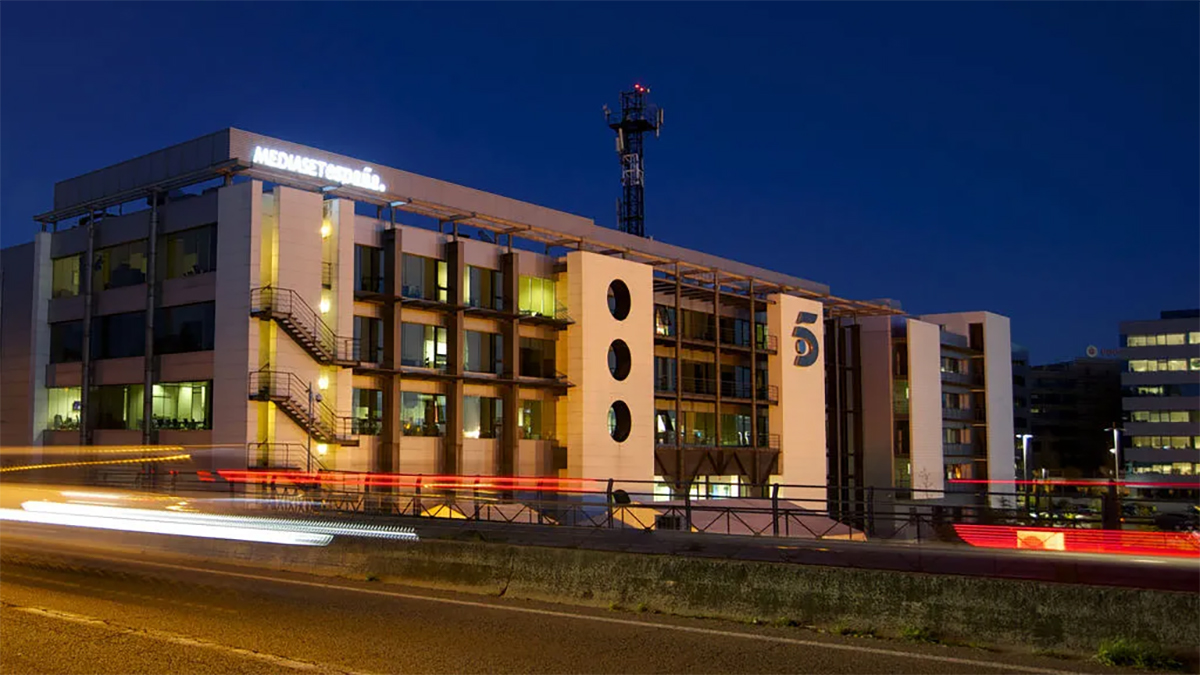Stock prices across a range of sectors have tumbled this year, with tech in particular feeling the heat. In his monthly column for VideoWeek, analyst Ian Whittaker breaks down the factors affecting investor confidence, and why attitudes towards tech companies are starting to change.
2022 has not started well for the stock markets. As of writing, the Dow Jones is down nearly 10 percent. Tech has been hit particularly hard, with the Nasdaq Composite Index down nearly 18 percent and the Hang Seng Tech index in Hong Kong – which includes the biggest Chinese Tech names – down nearly 25 percent as a combination of increased government regulation and rising COVID concerns impact its performance.
The lack of positive sentiment has also fed through into the IPO market. The number of IPOs has also slumped, suggesting poor sentiment. Will sentiment recover?
First to state the obvious; namely it should not be seen as a major shock that markets overall are down given the state of the world at the moment. Even before the awful situation in Ukraine, rising fears over inflation (the US inflation rate hit 7.9 percent in February, a 40-year high) and concerns over rising interest rates as central banks pull back their stimulus packages had led to greater bearish sentiment on the markets.
Tech stocks are particularly vulnerable to concerns over interest rates, because so much of their inherent value lies in the future years, which then get more discounted as interest rates rise (it’s a complicated topic – I have explained more in my monthly subscription piece).
However, this is not just a technical issue when it comes to the tech names. It is noticeable that the performance of three out of the five tech giants – Alphabet/Google, Apple and Microsoft – have held up well. Amazon has lagged behind these three, but is still doing relatively fine. That is because they have turned in results that the markets like and which demonstrate their strengths.
The exception to the rule has been Meta. A mixture of bearish comments on the impact of both competition from TikTok and the iOS changes, together with weak guidance of 3-11 percent revenue growth in Q1 and stagnating users, has sparked fears over the future sustainability of the model.
The Meta example leads onto another point. While the declines do represent pressures on the sector as a whole, they also reflect growing market concerns over the business models of a number of players in the market. This is especially true is cases where investors assumed pandemic trends would last into the future, but recent results proved they have not (Chinese Tech stocks also have particular concerns around regulation and the threat to their existence from government intervention).
Ad tech has been hit particularly hard, with PubMatic down nearly two-thirds in a year and Digital Turbine down nearly 60 percent for example. Investors do not seem in a rush to buy.
Will sentiment recover? For the markets, unless there is a prolonged recession, the answer is probably yes. Markets are notoriously Tigger-ish (i.e. they bounce around), so gloom will turn to optimism one sunny day. However, the key question is the quality of the business model and/or company. That is what counts in the end.
Ian Whittaker is founder and Managing Director of Liberty Sky Advisors. For further insights and articles, subscribe at www.ianwhittakermedia.com





